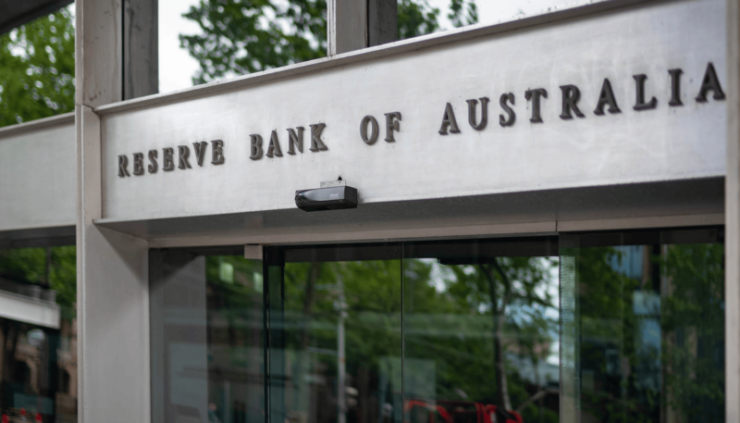Under the leadership of Prime Minister Anthony Albanese, the Australian government has officially outlined a revamped regulatory framework aimed at providing clarity and security to the country’s growing digital asset sector. The new measures are designed to offer much-needed certainty for crypto businesses while addressing consumer protection and market stability concerns.
A key feature of the reform package is the requirement for major crypto platforms operating in Australia to obtain an Australian Financial Services Licence (AFSL)—bringing them under the same compliance obligations as traditional financial service providers. Smaller-scale operators and businesses not directly engaged in financial services will be exempt, allowing room for smaller players to innovate without being burdened by unnecessary regulation.
The Treasury’s paper, titled Developing an Innovative Australian Digital Asset Industry, released Thursday, details the broader vision behind the initiative. The plan includes integrating Digital Asset Platforms and payment stablecoins under the existing financial services framework, aligning them with established regulatory protections.
“Businesses covered by the reforms will have to comply with well-understood ‘general obligations’ imposed on all financial service providers (e.g. providing services honestly, fairly, and efficiently, avoiding conflicts of interest, meeting minimum capital adequacy, etc),” the paper reads.
Scope of Regulations: Who’s In and Who’s Out
Australia’s proposed regulatory overhaul sets out a clear scope, targeting key players in the digital asset ecosystem while leaving room for non-financial innovators to continue developing freely. Under the framework, licensing and compliance requirements will apply primarily to crypto exchanges, custodial service providers, and brokerage platforms that facilitate the trading, storage, and management of digital assets.
Additionally, businesses involved in offering tokenized stored-value facilities, such as stablecoin issuers, will also fall under the new regulatory umbrella. These entities will be required to meet licensing conditions similar to traditional financial institutions, ensuring stronger consumer protections and market integrity.
However, the framework deliberately excludes firms that engage in non-financial activities within the crypto space. Companies focused on developing software, building blockchain infrastructure, or utilizing digital assets for non-financial applications will not be subject to these new rules. This carve-out aims to strike a balance between safeguarding financial consumers and allowing space for technological innovation to thrive without unnecessary regulatory burden.
Government Targets Debanking, Promises Regulatory Certainty

Acknowledging growing concerns from the crypto sector, the Australian government is also moving to address the issue of debanking, where financial institutions restrict or cut off services to crypto businesses without clear cause. For years, crypto firms in Australia have reported difficulties accessing essential banking services, citing inconsistent risk policies and lack of regulatory clarity as key barriers.
As part of the newly announced reforms, the government’s introduction of a formal licensing regime is aimed at improving transparency and risk management across the digital asset industry. Officials believe that by providing clear compliance guidelines and elevating standards for crypto service providers, financial institutions will be more inclined to maintain relationships with licensed firms, reducing instances of indiscriminate debanking.
“In response to the Council of Financial Regulators (CFR) paper “Potential Policy Responses to De-banking in Australia”, the Government agreed to recommendations aimed at providing a better understanding of the extent and nature of de-banking and improving transparency, consistency and fairness for affected customers,” the document says.
Additionally, the government plans to release draft legislation later this year for public consultation, offering industry participants the opportunity to weigh in on the proposed framework. The Australian Securities and Investments Commission (ASIC) is also expected to refine its existing crypto-related guidance, including updates to its Information Sheet 225, to align with the new regulatory direction.
Quick Facts:
- Australia unveiled a new regulatory framework requiring major crypto platforms to obtain an Australian Financial Services Licence (AFSL).
- Smaller-scale firms and non-financial digital asset businesses are exempt from licensing requirements.
- The reforms include regulating Digital Asset Platforms and payment stablecoins under existing financial services laws.
- The new Regulation also aims to curb the issue of banks that unfairly restrict services to digital asset firms.





